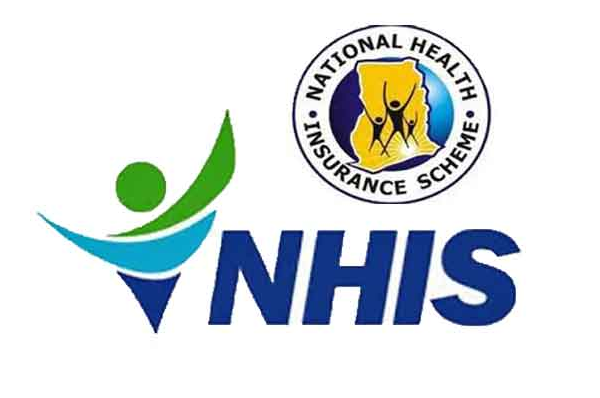
NHIS must be overhauled
Health, they say, is wealth. It is an undeniable fact that once the citizens are healthy, they will be in a better stead and frame of mind to work for a living, create wealth and prosperity.
Advertisement
In Ghana, the provision of health care is one of the biggest expenditure items which deplete people’s disposable incomes. For those who don’t have, they suffer and eventually die. Many people, unfortunately, die of curable diseases such as malaria, cholera, among other health conditions which treatment is rather not expensive.
It was with this in mind that former President Kufuor, in 2005, made it a major priority of his government to introduce the National Health Insurance Scheme (NHIS) as part of a grand plan to end what was described as the ‘cash and carry’ system in healthcare delivery in the country.
It took off amidst challenges, something which is very synonymous with every major programme being implemented for the first time.
However, gradually the people began to experience the benefits of the NHIS and, as a result, the numbers began to balloon, aggravating the challenges with the implementation of the scheme.
Sources of funding for the NHIS have continued to be from an additional two-and-a-half per cent levy on Value Added Tax (VAT), social security contributions of workers, premium paid by individuals, among other funds.
These sources have continuously become inadequate to support what is supposed to be a laudable idea towards ensuring a healthy society.
Coupled with this challenge is the corruption among some service providers who connive with some NHIS officials to rip off the state by inflating figures when it comes to reimbursement for service delivered.
The Daily Graphic is, therefore, not surprised that for many months there have been distress calls from service providers to the government to ensure that the managers of the scheme release claims which have been outstanding for many months to enable the service providers to continue providing health care for the people who patronise the scheme.
The latest to do so is the Christian Health Association of Ghana (GHAG), which is demanding more than GH¢100 million, being arrears spanning 11 months.
We find this not only unfortunate but also unacceptable, in view of the fact that we have, since the implementation of this scheme, not found any meaningful ways to ensure that funding sources increase to cater for the growing number of people on the scheme.
The Daily Graphic calls on all to stop using the scheme only as a political tool to win the hearts of the electorate but do nothing to ensure its sustainability.
To increase taxes such as VAT to make up for the shortfall in funding will be suicidal. However, there is the need for the government to consider the following to reduce the debt burden on the scheme.
We propose an immediate educational programme to sensitise the public to the need to pay slightly higher premiums, while the government supports that with a percentage of revenue from oil.
For instance, portions of the huge allocation to the Ghana National Petroleum Corporation (GNPC) could be channelled into the scheme to make it more liquid than it is now.
We need not go back to the cash and carry system because we have come thus far. Besides, we are capable of ensuring the sustainability of the scheme if we plug all the loopholes in the system to make it more functional.




